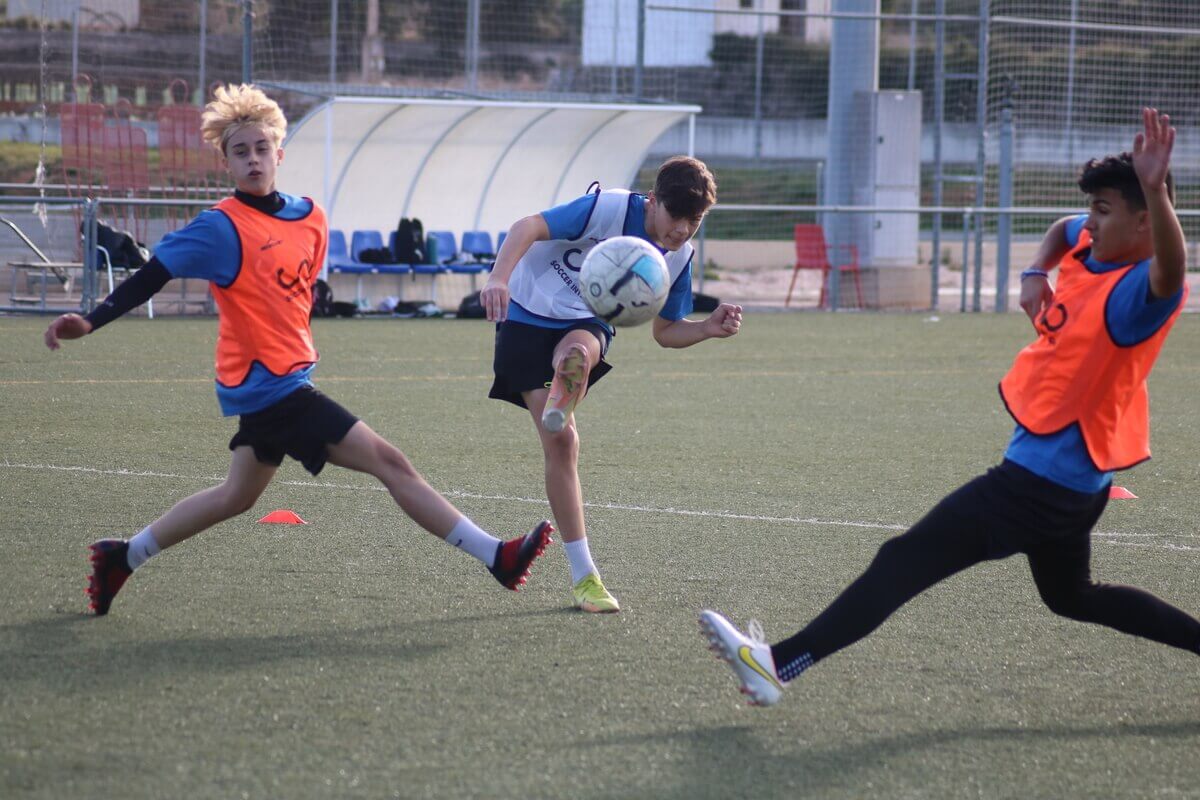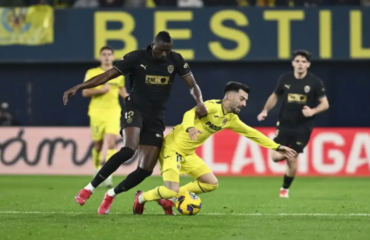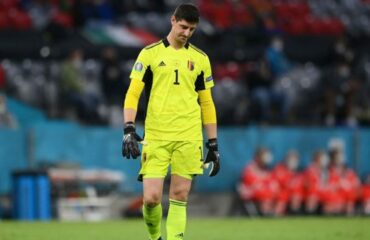It is important that the players understand the process and understand the reason for each microcycle, each task, each rest and each reflection. They are the protagonists of their process and they are the ones who must interact with us and with each other to adapt every day and thus optimise the search for their best version.
The first two days after the match will serve as a recovery period after the competition. Depending on the emotions and physiological states of the boys, some weeks we will take active rest the next day and train the day after or vice versa.
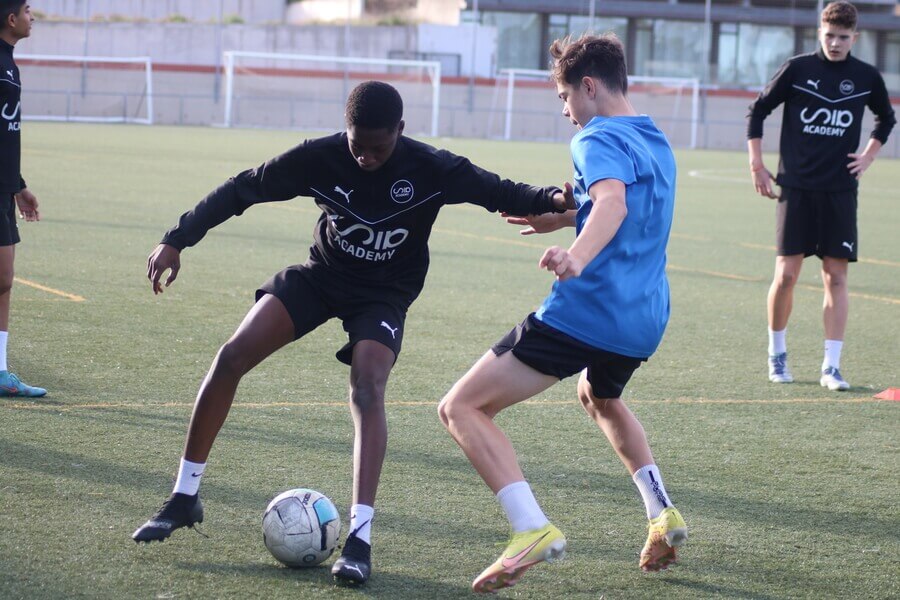
Post-match session – First training session
As a general rule, it is advisable to have a training session the day after the match for recovery work. In these post-match days, therefore, we will have a day of active rest and a day of physical and psychological recovery. On this training day, the contents that can be included will be different depending on what they have played.
For players who played more than 65 minutes in the match:
- Recovery strategies.
- Mobility and muscle unloading tasks with foam roller…
- Core strength control and improvement tasks, as well as lumbopelvic control.
lumbopelvic control.
- Exercises with a ball mixed with low intensity aerobic work.
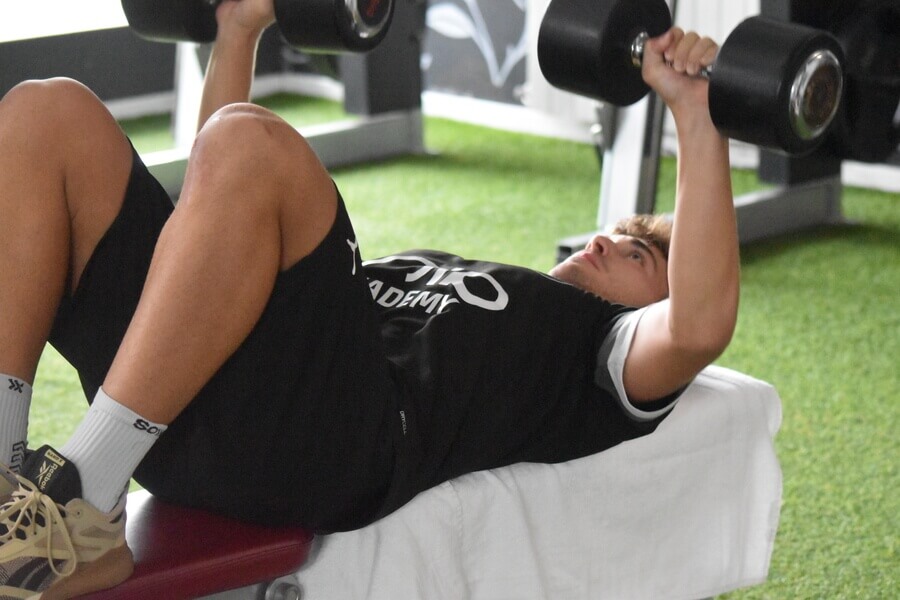
Central training of the week (Day 3 and 4)
For players who do not compete at the weekend, the main work days will generally be Thursdays and Fridays. In the case of competing, the most intensive days would be Wednesday and Thursday. These are the days when the player will be mostly recovered from the efforts made in the previous match.
On these two days, the psychological, emotional and physical efforts can be elevated. The recovery times have taken effect, and after 48-72 hours the systems are practically at 100%.
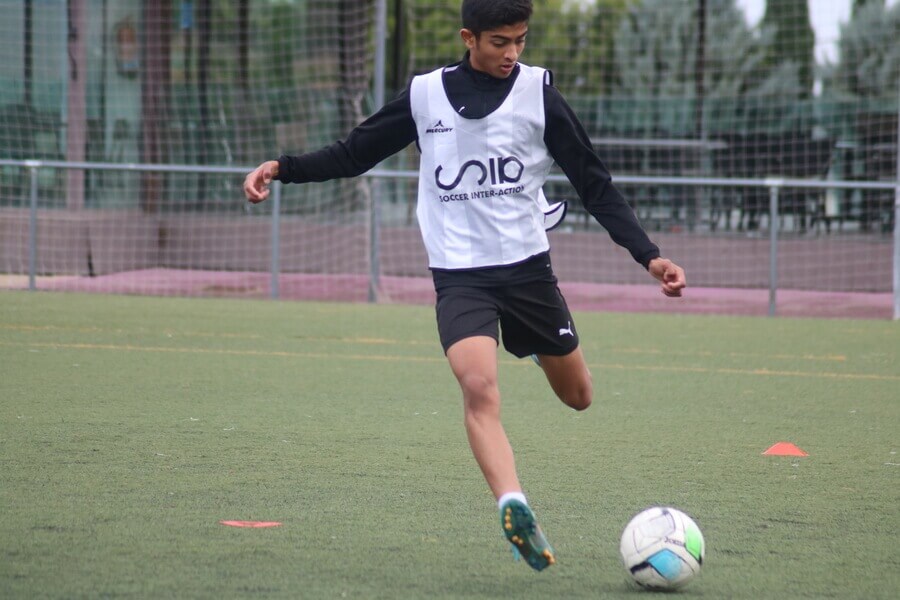
Type of work during these training sessions
In these two days we will distinguish two types of work:
- Intensive football work: which includes those tasks with a greater eccentric component, with acceleration and decelerations. They involve a greater component of anaerobic endurance. An example of tasks in this can be tasks of short duration, with little space and with few players (2×2, 3×3).
- Extensive football work: involves tasks with more extensive endurance work, where players work on tasks of longer duration, with more space and a larger number of players, simulating the demands of competition.
On a tactical level the demands will be greater, especially on a mental level. These will be the days when we will be able to work on the aspects to optimise from the previous match and the objectives of the next one.
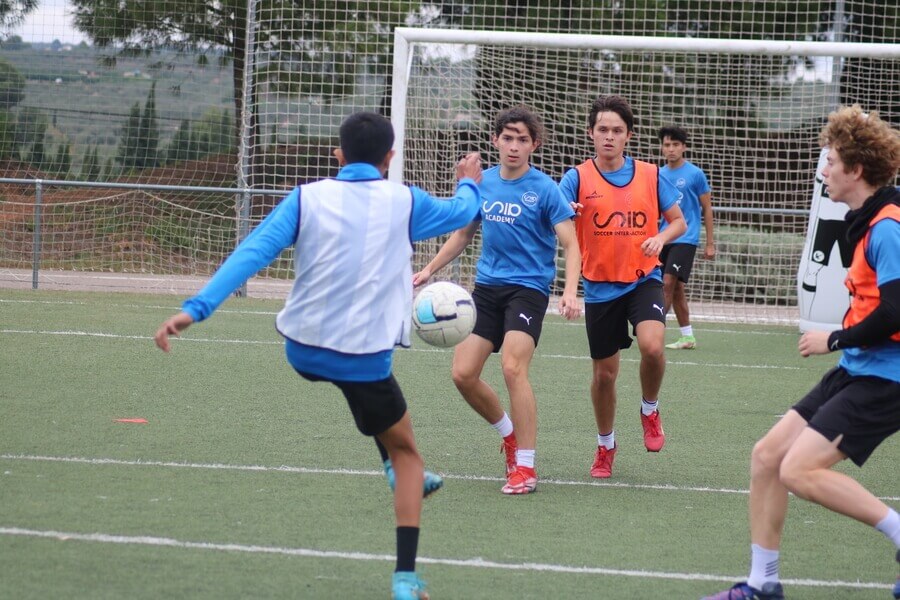
We will have to know at what point each content goes, depending on whether we want to work under fatigue (simulating the effects of competition) or if we want to prioritise learning, in which case we should carry out the tasks with less fatigue load.
The concepts that can be worked on during these days range from the macros (big principles of the game, connecting different zones – defence, midfield, attack), as well as more micro in a more exhaustive way, specific sectors of the team.
Tapering Training (Day 5 and 6)
The days before the match, i.e. the last two days of the week, taking into account that Monday (if the game is played on Tuesday) can be for activation or rest, will be days when the workload is reduced. In this case we will look for tasks with a high intensity in very little work time.
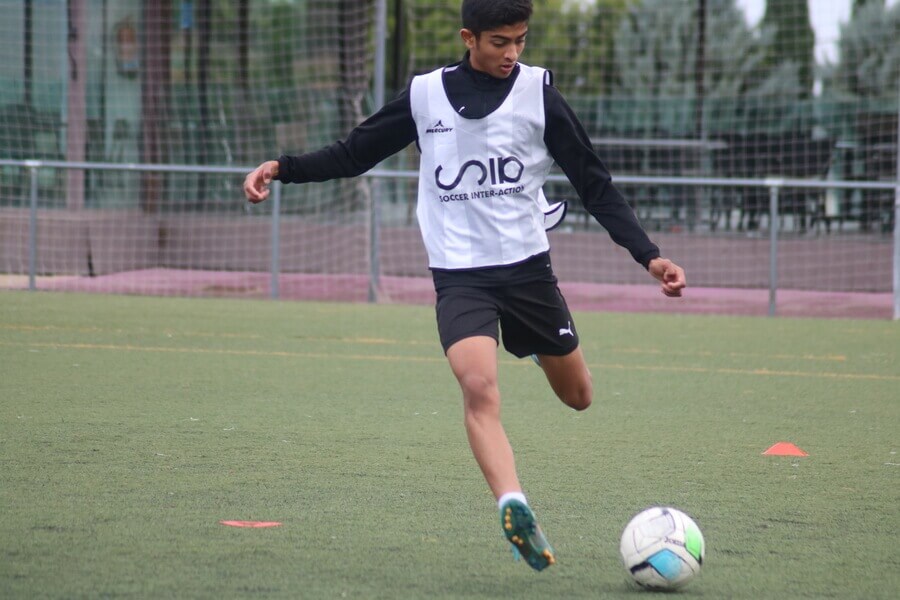
An example could be reactive speed tasks. The idea is to arrive at the match in the best possible condition, avoiding that the load of the central days of the week of the football microcycle does not affect the player or raise fatigue levels.
What is tapering?
The concept of tapering refers to the idea of lowering the volume and maintaining the intensity. Therefore, the following type of tasks can be proposed:
- Tasks with high stimulation in very short working time. For example, 1×1 tasks with wide spaces, low work times (30”-1 min) and plenty of recovery time.
- Strength and injury prevention tasks can be introduced.
- Tactical tasks should be aimed at closing the most important aspects of each academy match, clarifying and outlining concepts that were worked on throughout the week.



